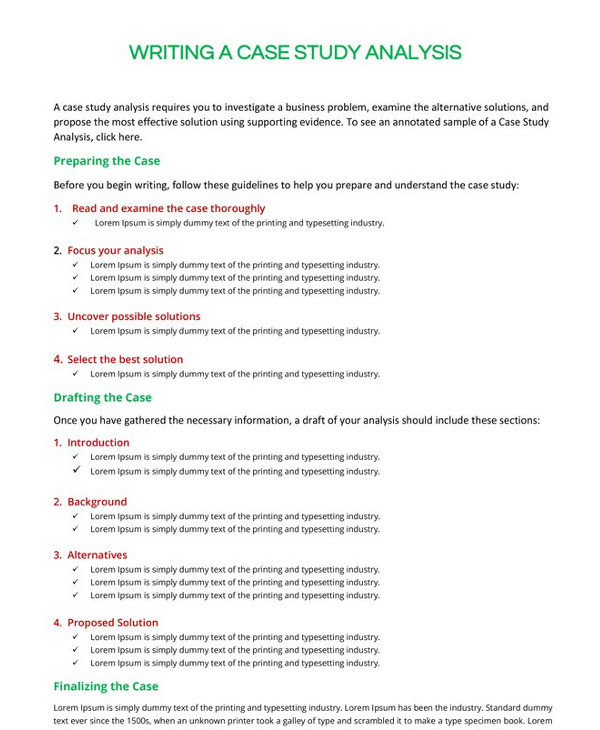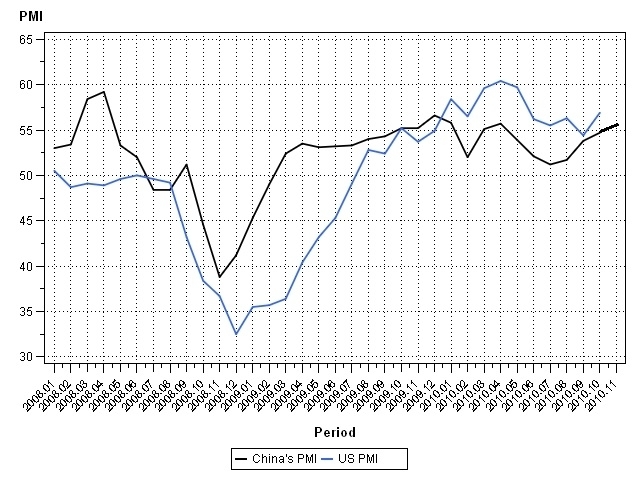Country Escape: Making The Move To Rural Living

Table of Contents
Finding the Right Rural Location
Choosing the right location is paramount for a successful country escape. Thorough research is key to finding the perfect rural haven that meets your needs and lifestyle.
Researching Rural Areas
Before you even start looking at properties, extensive research is vital. Consider these crucial factors:
-
Proximity to Essential Services: While the charm of rural living lies in its remoteness, you still need access to essential services. Hospitals, schools, supermarkets, and pharmacies shouldn't be too far away. Consider your commute times and the availability of public transport if you don't have a car.
-
Community Involvement: Rural communities often have a strong sense of community. Research the local events, clubs, and volunteer opportunities to see if they align with your interests. A welcoming community can significantly enhance your rural living experience.
-
Broadband Availability: In today's digital age, reliable internet access is crucial, even in the countryside. Check broadband speeds and availability in your potential areas, especially if you plan to work remotely or rely on online services. Consider exploring alternative options like satellite internet if necessary.
-
Lifestyle and Budget: Different regions offer unique characteristics. Consider the climate, scenery, proximity to family and friends, and property prices. Weigh your priorities carefully – stunning mountain views might come at the cost of longer commutes to essential services.
-
Utilize Resources: Leverage online resources like real estate websites specializing in rural properties and connect with local real estate agents who understand the nuances of the rural market. They can provide invaluable insights into the local area and available properties.
Budgeting for a Rural Lifestyle
Rural living often presents different financial considerations compared to city life. Accurate budgeting is crucial for a smooth transition.
-
Higher Transportation Costs: Longer distances between locations mean higher fuel costs and potentially more vehicle maintenance. Factor this into your budget.
-
Property Maintenance: Rural properties often require more maintenance than urban dwellings. Older homes might need significant repairs, and you'll likely be responsible for more upkeep of the land.
-
Property Taxes and Insurance: Research property taxes and insurance rates in the areas you're considering. These can vary significantly from urban areas.
-
Utility Costs: Utilities, especially heating and water, can be more expensive in rural areas, particularly if you rely on private wells or septic systems.
-
Unexpected Expenses: Be prepared for unexpected expenses. Well maintenance, septic system repairs, and other rural-specific costs can arise unexpectedly.
Practical Considerations for Your Rural Move
Beyond the initial excitement, several practical aspects need careful consideration.
Employment and Income
Securing a stable income is vital, regardless of your location.
-
Remote Work: If you work remotely, ensure your internet connection is reliable. Many rural areas now offer good broadband options.
-
Local Job Market: Investigate job opportunities in the local area. The job market in rural areas can differ significantly from urban centers.
-
Rural Businesses: Consider the possibility of starting a rural-based business. Many successful enterprises cater specifically to rural lifestyles.
-
Networking: Connect with local business networks and chambers of commerce to explore opportunities and build relationships.
Essential Services and Amenities
Access to essential services is crucial for a comfortable rural life.
-
Healthcare: Research the availability and quality of local healthcare facilities, including hospitals, doctors, and emergency services. Travel times to larger hospitals might be longer.
-
Education: If you have children, evaluate the quality of local schools and educational options.
-
Transportation: Assess the availability of reliable transportation. Owning a car is often essential in rural areas, especially if public transport is limited.
-
Shopping: Determine the availability of grocery stores and other essential shops. You might need to travel further for certain goods.
Community Integration
Building connections within your new rural community is essential for a fulfilling experience.
-
Local Events: Attend local events, farmers' markets, and community gatherings to meet your neighbors and learn about local life.
-
Introduce Yourself: Make an effort to get to know your neighbors and build relationships. Rural communities often value strong social connections.
-
Join Clubs and Organizations: Join local clubs, sports teams, or volunteer organizations to expand your social circle and integrate into the community.
-
Embrace the Pace: Be prepared for a slower pace of life and a different social dynamic compared to urban areas.
Embracing the Countryside Lifestyle
Rural living offers unique opportunities to connect with nature and slow down the pace of your life.
Connecting with Nature
One of the major draws of a country escape is the abundance of nature.
-
Outdoor Activities: Explore hiking trails, parks, and other natural areas. Enjoy gardening, fishing, hunting, or other outdoor pursuits.
-
Sustainable Living: Consider incorporating sustainable living practices, such as gardening and reducing your carbon footprint.
Slowing Down the Pace of Life
Rural living often fosters a more relaxed and less stressful lifestyle.
-
Simplicity: Embrace a simpler, less cluttered lifestyle.
-
Well-being: Prioritize your mental and physical well-being through activities that bring you joy.
-
Meaningful Connections: Focus on meaningful relationships and activities that enrich your life.
-
Digital Detox: Consider disconnecting from technology more often to truly appreciate the peace and quiet of the countryside.
Conclusion
Making the move to rural living, a true country escape, is a significant life change. Careful planning and consideration of factors like location, budget, and community integration are crucial for a successful transition. By researching thoroughly and preparing adequately, you can increase your chances of a fulfilling and enjoyable country life. Are you ready to begin your own country escape? Start researching potential rural locations today and begin planning your dream move to the countryside!

Featured Posts
-
 Nicki Chapmans Seven Figure Property Investment A Case Study In Rural Property
May 24, 2025
Nicki Chapmans Seven Figure Property Investment A Case Study In Rural Property
May 24, 2025 -
 Is This Us Band Playing Glastonbury Social Media Ignites Debate
May 24, 2025
Is This Us Band Playing Glastonbury Social Media Ignites Debate
May 24, 2025 -
 Kharkovschina Rekordnoe Chislo Svadeb Pochti 40 Par Pozhenilis V Odin Den
May 24, 2025
Kharkovschina Rekordnoe Chislo Svadeb Pochti 40 Par Pozhenilis V Odin Den
May 24, 2025 -
 Trumps Tariff Relief Hints Boost European Stocks Lvmh Dips
May 24, 2025
Trumps Tariff Relief Hints Boost European Stocks Lvmh Dips
May 24, 2025 -
 Dow Joness Measured Rise Strong Pmi Bolsters Market Confidence
May 24, 2025
Dow Joness Measured Rise Strong Pmi Bolsters Market Confidence
May 24, 2025
Latest Posts
-
 Ai I Phone
May 24, 2025
Ai I Phone
May 24, 2025 -
 I Phone Ai
May 24, 2025
I Phone Ai
May 24, 2025 -
 Ces Unveiled Europe Innovation Et Technologie A Amsterdam
May 24, 2025
Ces Unveiled Europe Innovation Et Technologie A Amsterdam
May 24, 2025 -
 Amsterdam Accueille Ces Unveiled Europe Decouvrez Les Innovations
May 24, 2025
Amsterdam Accueille Ces Unveiled Europe Decouvrez Les Innovations
May 24, 2025 -
 Retour De Ces Unveiled En Europe Les Technologies De Demain A Amsterdam
May 24, 2025
Retour De Ces Unveiled En Europe Les Technologies De Demain A Amsterdam
May 24, 2025
